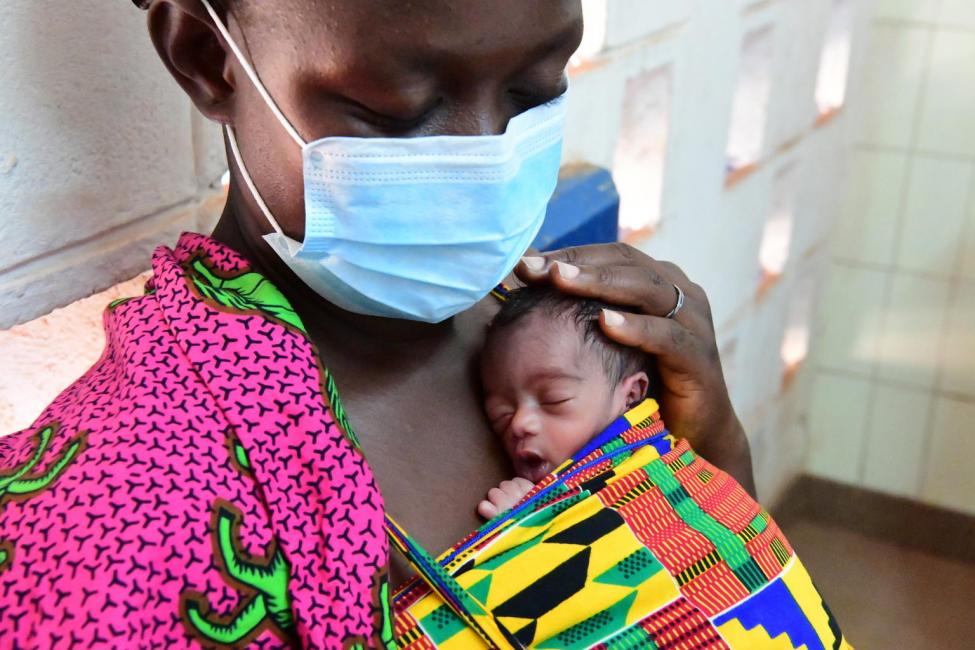‘Small and sick newborn care during the COVID-19 pandemic: global survey and thematic analysis of healthcare providers’ voices and experiences’, was published by BMJ Global Health on March 15. The results of this global survey in over 62 countries conducted by a collaboration between St. John's Medical College, Bangalore, India and NEST360 and facilitated by the London School of Hygiene & Tropical Medicine have showed more than 85% of surveyed respondents reported ‘fearing for their own health’, with PPE shortages, stress and safety concerns among the issues reported. In some hospitals, they reported vital resources including staff and equipment, notably oxygen supplies, being moved from newborn wards to COVID-19 care wards. A crucial finding from the study was that two-thirds of health workers wouldn't support Kangaroo Mother Care (KMC), a life-saving technique involving early, prolonged skin-to-skin contact for preterm babies and exclusive breastfeeding, for mothers having a positive or unknown COVID-19 test status. Instead, these newborns are separated from their mothers and are at increased risk of death.
The importance of this finding is reinforced by new research published in EClinicalMedicine: ‘Preterm care during the COVID-19 pandemic: A comparative risk analysis of neonatal deaths averted by kangaroo mother care versus mortality due to SARS-CoV-2 infection’ . This study conducted by a collaboration led by the World Health Organization with LSHTM and the University of California San Francisco undertook analyses for 127 countries, the study estimated that if universal coverage of KMC was achieved, more than 125,000 newborn lives would be saved. Conversely, the risk of newborns catching COVID and dying would result in fewer than 2,000 deaths.
Thumbnail credits: © UNICEF/UNI325619//Frank Dejongh


